You may notice that your Eight-Month-Old Baby is more curious and energetic than ever now that he is 8 months old. His muscles are strengthening, and he is preparing to use those legs for crawling, scooting, and, eventually, walking. Here’s everything you need to know about sleeping, feeding, health problems, and other topics so you can be ready throughout this wonderful period of growth and development.

Milestones in Infant Development
Your child is set to undergo significant changes! If he hasn’t already begun crawling, he’s most certainly preparing to crawl, and he’ll be on the move before you know it. He may also be set to go through some changes in his sleeping habits and relationship with you and other caretakers, so keep reading to find out more about what’s going on this month.
Physical Development and Growth: Putting His Best Foot Forward
Your infant has most likely more than doubled his birth weight by this point. The average 8-month-old infant male weighs between 17.5 and 22 pounds; girls typically weigh half a pound less at this age. However, keep in mind that it is usual for kids’ growth to halt in the months leading up to their first birthday. Your healthcare professional has been weighing and measuring your baby, as well as using baby growth charts, at each examination to ensure he is progressing normally. You might be interested in learning more about how to read and interpret baby growth charts.
Have you recently examined your baby’s feet? When he’s resting on his back, his feet and toes may point inside; once he takes a stride or two, they may point outward. Don’t worry; those foot placements will fix themselves in due course. By 18 months, most babies are no longer pigeon-toed, and their hip ligaments tighten, allowing their feet to point forward when walking. Your baby’s feet are also covered by a covering of fat that makes them appear flat. In two to three years, this fatty layer will also dissolve, and arches will emerge.
Senses: New Observations and Reactions
One of the many 8-month-old baby milestones your child may attain right now is improved hand-eye coordination. He can definitely detect a toy across the room, run after it, and pick it up at this stage. He enjoys experimenting with different textures, whether in his hands or in the meals he consumes. His hearing and early language abilities are also increasing, so talk to him as much as possible and describe everything you see together throughout the day.
Movement: Getting Ready to Crawl
You could notice that your 8-month-old kid is sitting up on his own without assistance. Keep an eye out for your infant leaning forward to reach for and pick up objects with one hand! He’s currently focused on building the muscles required for crawling, which normally begins between the ages of 7 and 10 months. Because your baby is more mobile than ever, it’s even more crucial to keep a watch on him, especially when changing him or playing with him.
Giving him tummy time is one approach to help him prepare to crawl. He’s in the right position to begin crawling during tummy time, and he’s learning how to push up onto his hands and knees. He may have to start by rocking back and forth before he can move forward. You can encourage him even more by holding a toy or other object just out of his grasp.
Playing with Words and Sounds for Cognitive Development
Your 8-month-old baby’s language and communication skills are still developing, and you may notice that you both understand each other a little better these days. In fact, what may have previously sounded like gurgles and babbles can now be heard as true sentences. Simple syllables such as “ma” and “ba” begin to create the basis for simple words like “mama” and “bye-bye.” Your infant is now understanding more of your words as well! If you mention his favourite toy across the room and he looks in its direction, he understands what you’re saying. He’s probably starting to respond to his own name as well as the word “no.”
He’s also beginning to grasp the concept of object permanence, which states that objects exist even when they’re not visible. He’s becoming more inquisitive and may begin to look for goods if you hide them. You may both have fun honing this skill by playing games like peekaboo.
At this point, separation anxiety is prevalent. Because your child is learning that objects (and people) continue to exist, his absence may cause him some anxiety. And, because he has little or no notion of time, he has no idea when or even if you will return to him. You might be able to help him get through these periods of separation anxiety by providing him with a transitional object, such as a security blanket or a particular, always-by-his-side toy, which will reassure and comfort him.
A Day in the Life of Your Baby
Every baby is different, but here’s a glimpse of what a typical day could look like with your baby.
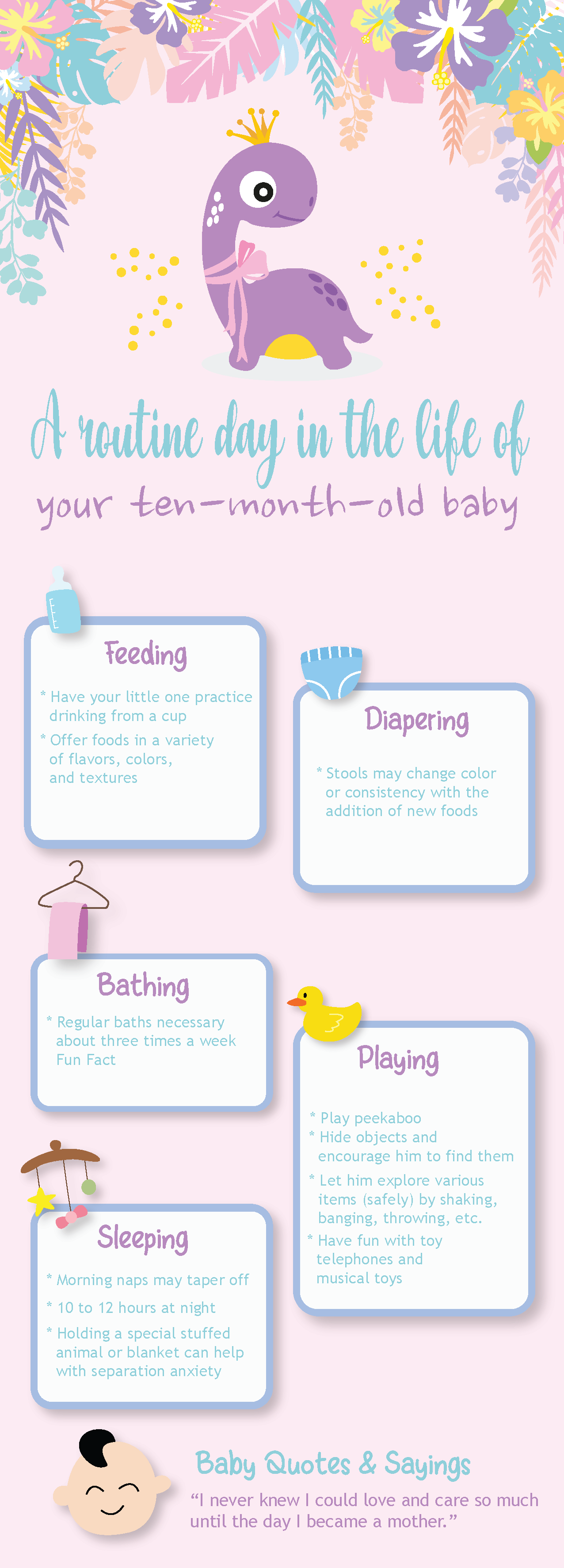
How to Encourage Your Baby’s Development
There are numerous techniques to promote your baby’s cognitive and physical growth. He’s inquisitive, mobile, and ready to share new experiences with you. Here are some pointers to help him along:
- Continue talking and reading. You can encourage him to repeat what he hears by introducing new sounds, syllables, and simple words.
- Peekaboo is a game. You can take turns “finding” each other under a soft cloth in this easy game, which can bring hours of pleasure and laughter.
- Please give him a spoon. Allow him to play with a spoon during meal times as his motor abilities grow. He’ll grow used to the feel of the utensil in his hand, which is an important step toward feeding himself.
- Play around with your toys. Remember that 8-month-old infant toys do not have to be expensive. A simple container and a wooden spoon will keep him as entertained as an expensive gizmo.
- Get down on his level. Quality time spent on the floor with his teammates is beneficial to his development. Try rolling a ball back and forth and observe how he improves at this activity.
Feeding Your Eight-Month-Old Baby
Your baby’s daily menu now includes mashed or pureed solids (called baby food), which should provide about half of his or her caloric needs at 8 months. The remaining half should be obtained via breast milk or formula. Babies require approximately 750 to 900 calories per day. As your child’s senses of taste and smell grow, now is an excellent time to introduce new flavours and textures. Introduce him to slightly coarser meals like yoghurt, oats, or mashed bananas to help him practice his chewing skills. Don’t be concerned if he doesn’t like a new flavour right away. Your baby may require multiple exposures to a new meal, up to 10 to 15 trials over a few months, before he will eat it.
How Much Sleep Does an Eight-Month-Old Baby Require?
Your 8-month-old infant should be sleeping 9 to 12 hours at night and taking two naps per day by now. Napping might take anything from 30 minutes to 2 hours. This may appear to be a lot of snoozing, but expect some disturbances in your baby’s sleep habits around this time.
For some babies, the development of separation anxiety at this age might result in sleep regression, which means your 8-month-old baby may sleep less than she used to, or she may wake up during the night after previously sleeping through the night. Here are some suggestions to help your child sleep better:
- Put your baby to bed with her bedroom door open if she has her own room or nursery. She may feel more at ease if she can hear you and is not completely cut off.
- Allow her to console herself by sucking her thumb.
- Provide a transitional item, such as a little blanket or special toy, to help her settle herself while you are away. This blankie or lovey will be something she has grown attached to, and it will remind her that everything is fine.
- If she cries for you in the middle of the night, give her a pat on the back and some comforting words.
If she does cry for you in the middle of the night, try not to wake her up by turning on the light, rocking her, or walking with her. You should also avoid feeding her and bringing her into your bed. All of this will make self-soothing more difficult in the future since she will identify bedtime with these activities and begin to demand them every night.
This page is based on professional advice from reputable medical and government organizations, such as the American Academy of Pediatrics and the American College of Obstetricians and Gynecologists. This page’s material should not be used in place of professional medical advice. For a complete diagnosis and treatment, always seek the advice of a medical expert.




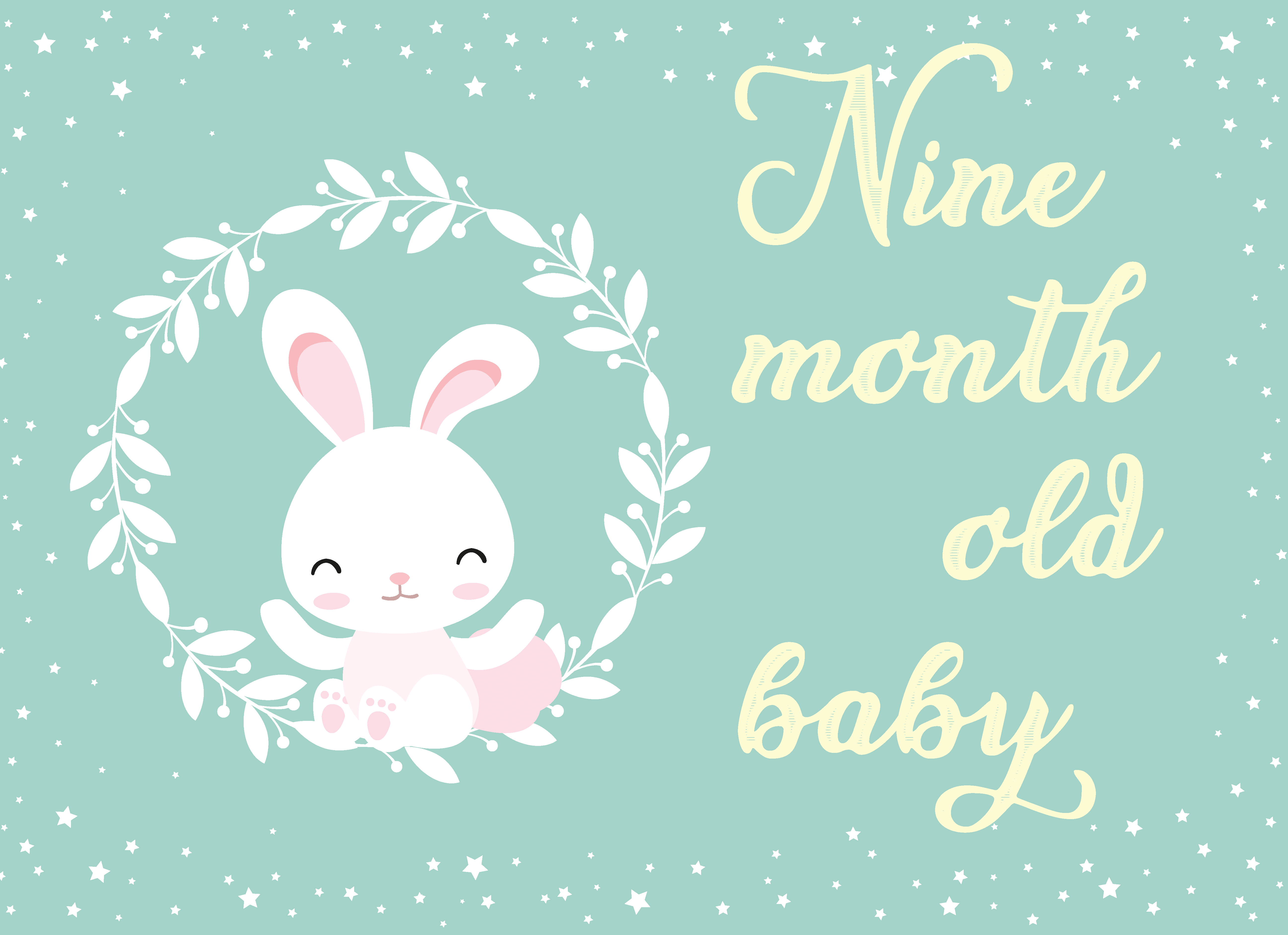
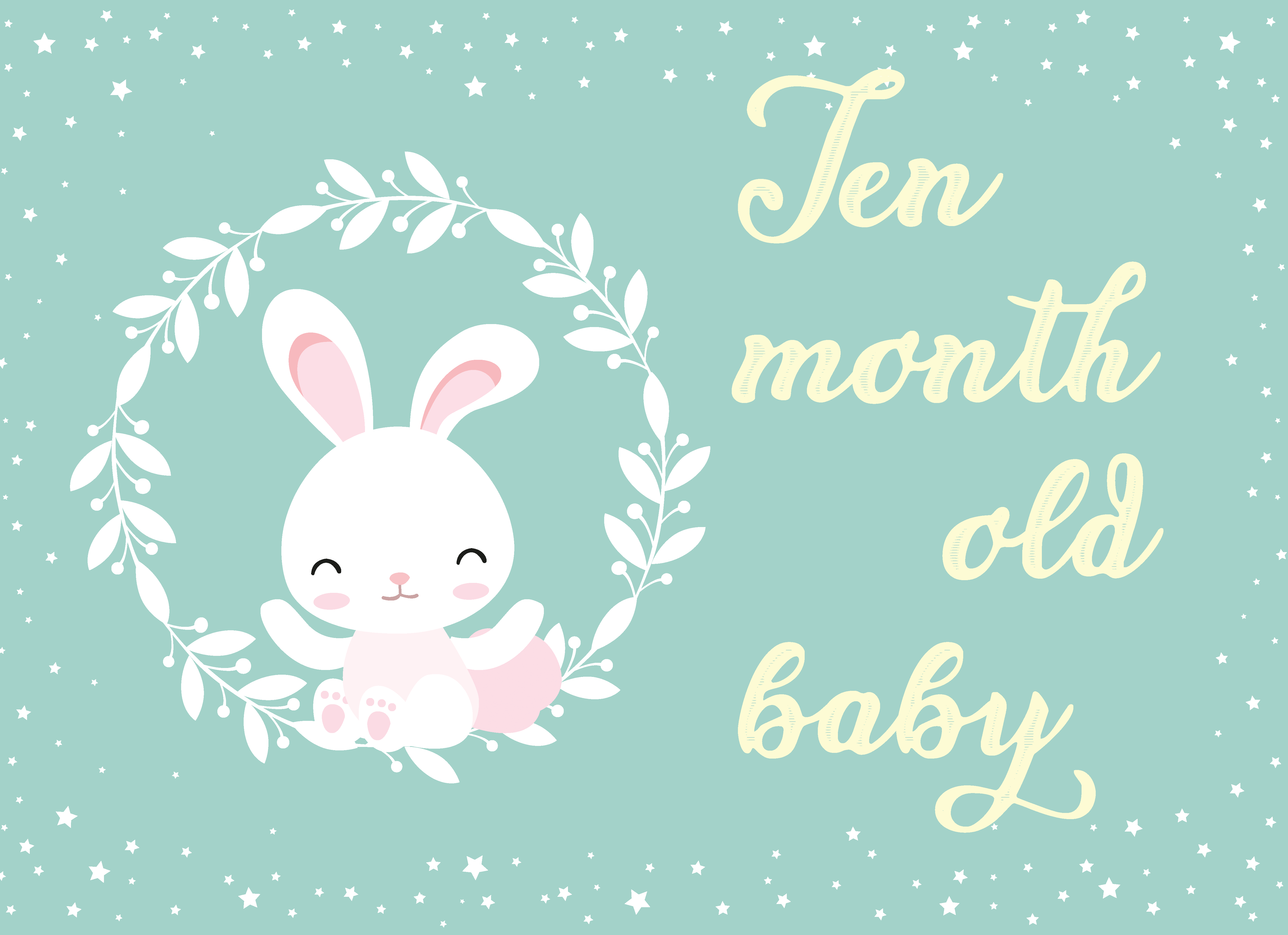
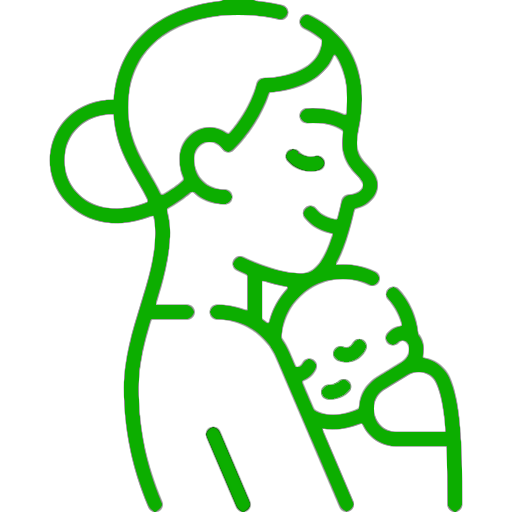

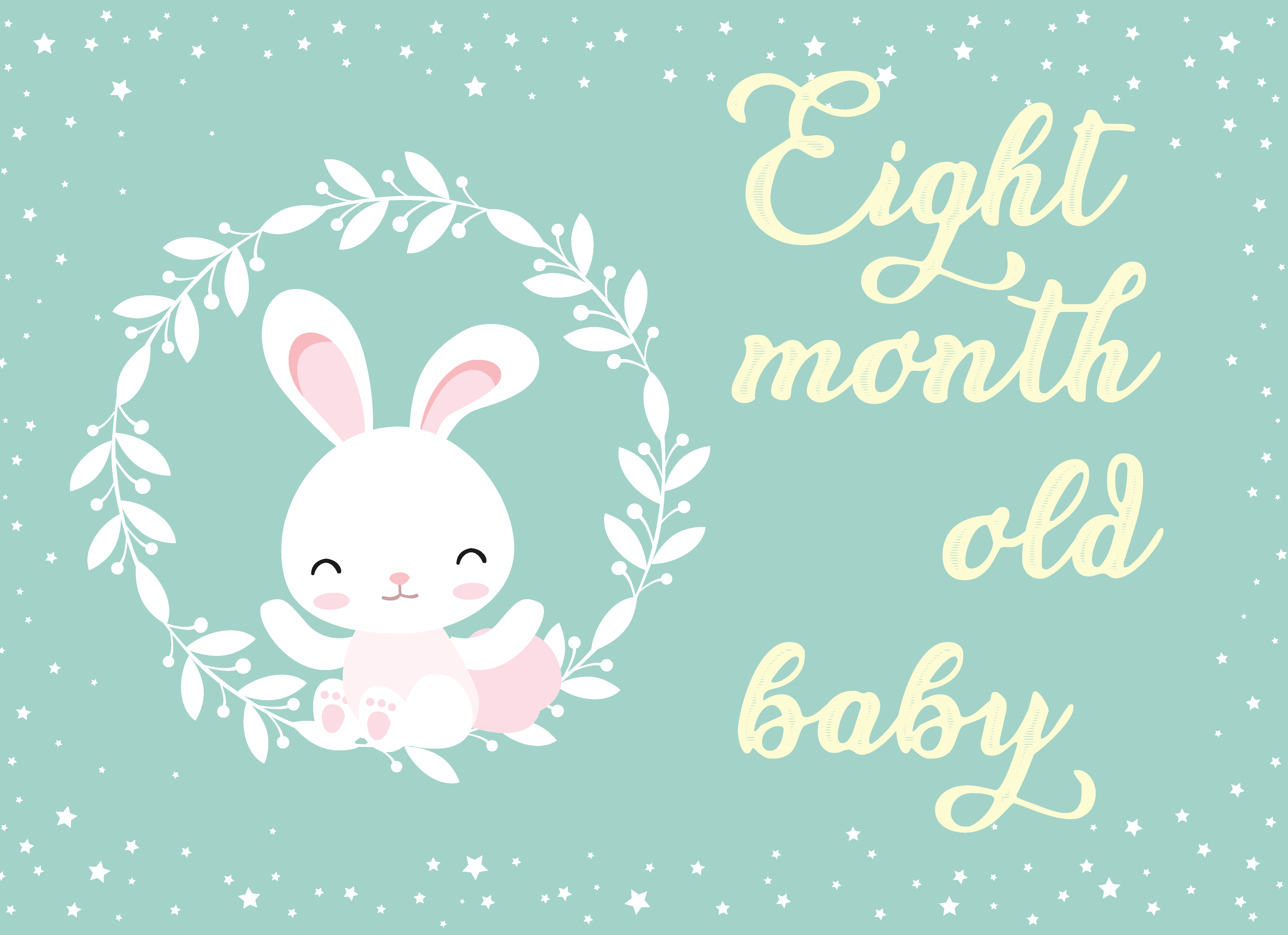
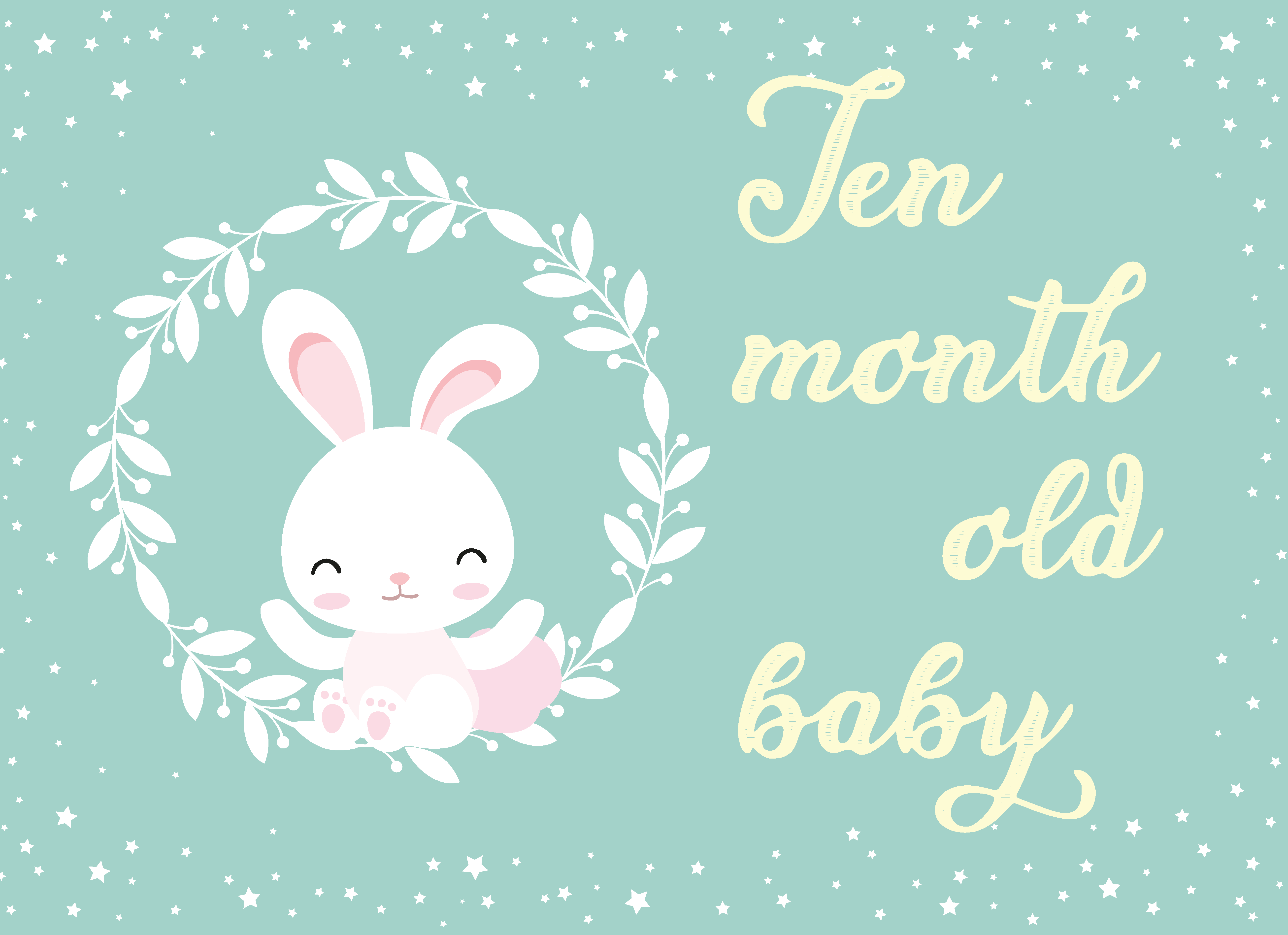
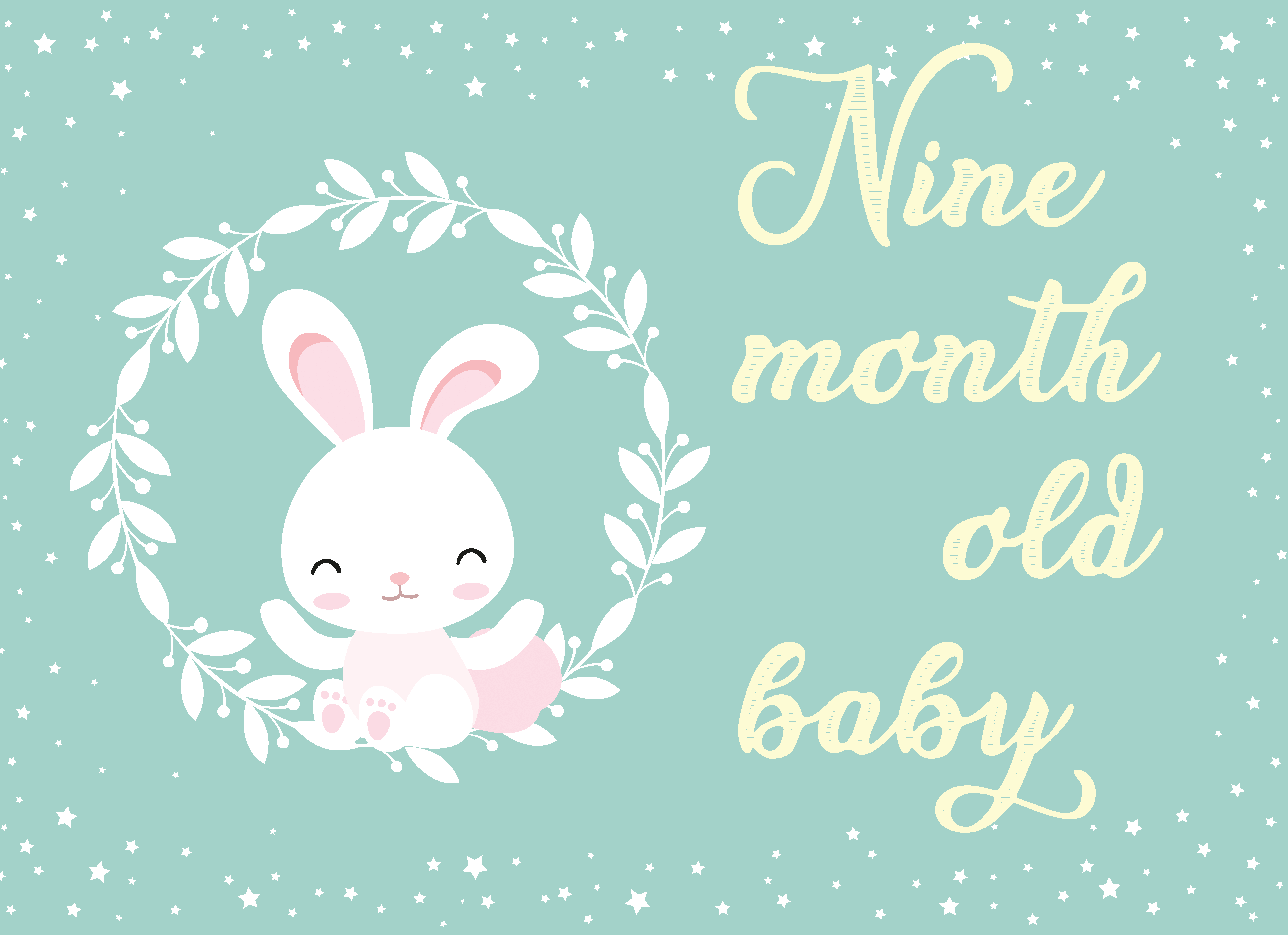

Leave a Reply
View Comments